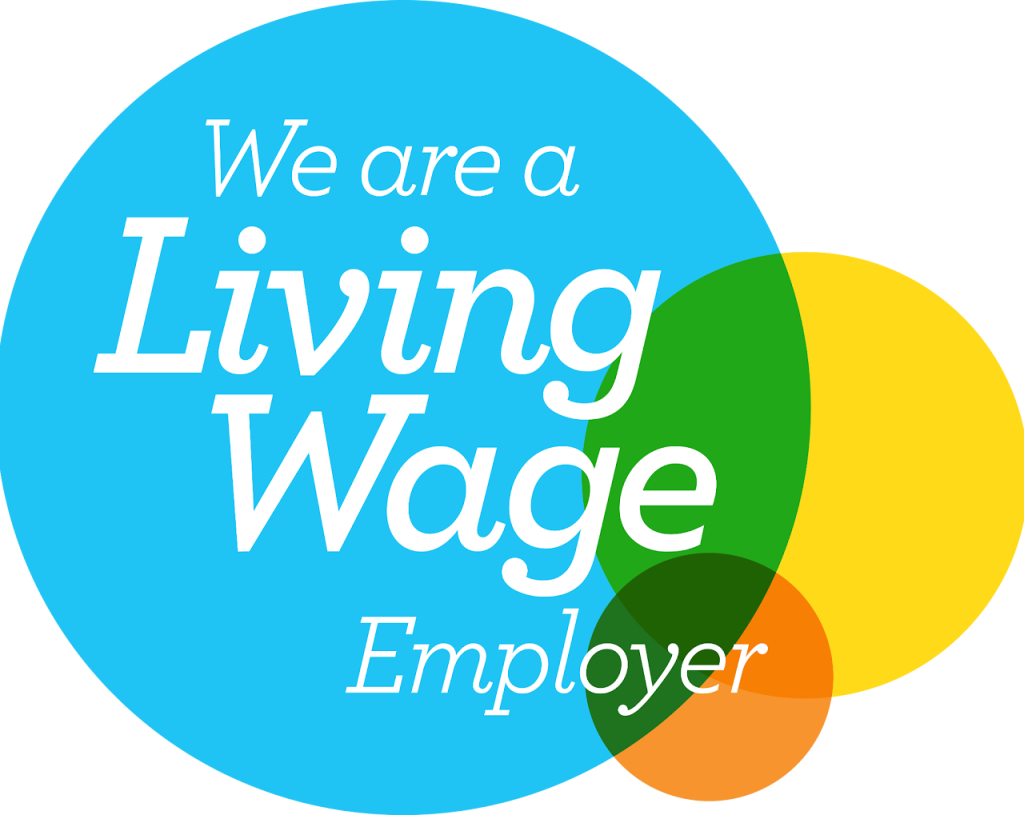Good nutrition is not just about eating a balanced diet, it’s about making informed choices that support physical and mental health. Here’s some valuable food and nutrition advice to help you lead a healthier, more fulfilling life.
Eat a Balanced Diet
A balanced diet includes a variety of foods from all food groups: fruits, vegetables, grains, protein, and dairy. Aim to fill half your plate with fruits and vegetables, one-quarter with lean protein, and one-quarter with whole grains. Incorporating a mix of colorful fruits and vegetables ensures you get a wide range of vitamins, minerals, and antioxidants essential for optimal health.
Stay Hydrated
Hydration is key to maintaining good health. Make sure to drink plenty of water throughout the day, aiming for at least 8 cups (2 liters) daily. Herbal teas and water-rich fruits and vegetables, like cucumbers and watermelon, are also excellent sources of hydration.
Limit Processed Foods
Processed foods often contain high levels of unhealthy fats, sugars, and sodium. Opt for whole, unprocessed foods whenever possible. Fresh fruits, vegetables, lean meats, whole grains, and legumes are nutritious alternatives that provide essential nutrients without the added preservatives and chemicals.
Portion Control
Maintaining a healthy weight is important for overall well-being. Practice portion control by being mindful of serving sizes and avoiding overeating. Using smaller plates, eating slowly, and listening to your body’s hunger cues can help you manage portions effectively.
Include Healthy Fats
Not all fats are bad for you. Healthy fats, such as those found in avocados, nuts, seeds, and olive oil, are essential for brain health and overall body function. Incorporate these healthy fats into your diet while limiting saturated and trans fats found in fried foods and baked goods.
Plan Your Meals
Planning your meals ahead of time can help you make healthier choices and avoid last-minute unhealthy options. Create a weekly meal plan that includes a variety of nutritious foods, and prepare meals in advance to save time and reduce stress.
Read Food Labels
Understanding food labels can help you make informed choices about the foods you consume. Pay attention to serving sizes, calorie content, and the levels of nutrients such as sodium, sugar, and fats. Aim for foods that are high in fiber, vitamins, and minerals while being low in added sugars and unhealthy fats.
Seek Professional Guidance
If you have specific dietary needs or health conditions, consider seeking guidance from a registered dietitian or nutritionist. They can provide personalized advice and meal plans tailored to your individual needs, ensuring you get the right balance of nutrients to support your health.




